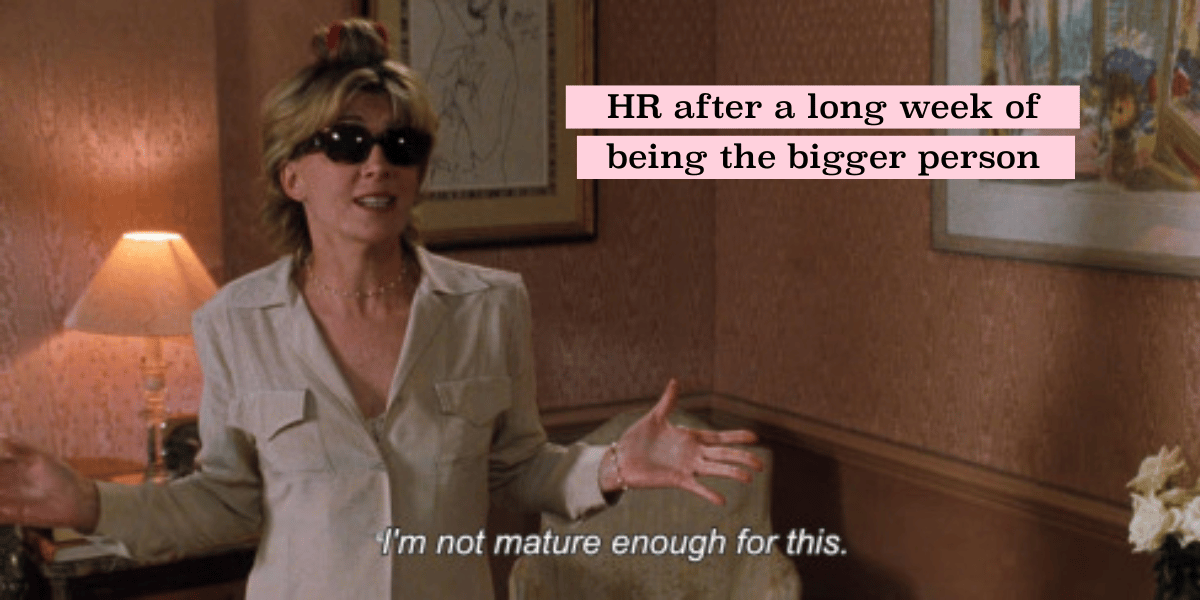- The Wolf on Wealth
- Posts
- Why $ 33 smoothies sell
Why $ 33 smoothies sell
Millennials will pay anything when you get the story right, completely upending decades of marketing wisdom.
👋 Sometimes the most expensive thing on the menu becomes the most popular — which is exactly what happened when one obsessed customer's 15-ingredient custom blend became a $33 smoothie that accidentally revealed how an entire generation rewrote the rules of business.
Read time: 3 minutes | 698 words
STORY
🥤 The $33 Smoothie That Broke All the Rules

Khalil Rafati watched an "offensively fit" model order his usual custom blend. Fifteen ingredients. Fifteen minutes to make. Pure obsession.
That drink became SunLife's $33 Billion Dollar Smoothie—and accidentally proved how Millennials completely rewrote business.
"It's expensive to be healthy, but being unhealthy is 1,000 times more expensive."
Traditional marketing used to crawl: awareness → consideration → purchase. Millennials torched that playbook entirely.
Now one viral TikTok creates instant cult followings. Erewhon customers wait 45 minutes for $20 smoothies. Leanne Citrone spends $100 weekly on liquid nutrition.
The New Rules (Newsweek):
Obsession has replaced awareness - "It is obsession or nothing," no slow-burn campaigns
Storytelling is the strategy - Not supporting role; narrative drives every purchase decision
Influencers are the funnel - Creators become the marketing team, community becomes test group
Loyalty comes from community, not repeat purchase - They reward brands that see them
The funnel is a fast loop, not a line - Circular, emotional, brutally fast customer journeys
Maria Sass calls Erewhon "the Hermès grocery store, their smoothies the Birkin bag."
"If you paid $30 for a bar drink, no one blinks. Spend that on a smoothie, people are appalled."
Kenneth Thomas flew from Chicago specifically for viral TikTok smoothies. Celebrity chef Jeremy Fall launched $20 "functional beverages" in the Hamptons.
The revolution wasn't about overpriced drinks. Millennials rebuilt commerce around emotional connection, instant gratification, and identity.
That $33 smoothie isn't expensive nutrition. It's a masterclass in how an entire generation made price irrelevant when the story was right.
TOGETHER WITH I HATE IT HERE
The best HR advice comes from those in the trenches. That’s what this is: real-world HR insights delivered in a newsletter from Hebba Youssef, a Chief People Officer who’s been there. Practical, real strategies with a dash of humor. Because HR shouldn’t be thankless—and you shouldn’t be alone in it.
INSIGHT + ACTION
💰 Lessons from the $33 Smoothie Revolution

A single customer's obsessive 15-ingredient custom order became a $33 menu item that accidentally revealed how Millennials completely destroyed traditional marketing forever.
Obsession has replaced awareness - Stop building slow-burn brand recognition campaigns. Millennial buyers want immediate emotional resonance or nothing. One viral moment can take you from obscurity to must-have status in seconds.
Example: Create products that inspire fanatical devotion from day one, design experiences worth waiting 45 minutes for, build scarcity that makes people fly across the country. Transform casual interest into tribal obsession.
Make storytelling your entire strategy - Your narrative isn't marketing support—it's the product itself. Millennials buy transformation stories, not features. They want to know who you are and why you exist before they click purchase.
Example: Lead with founder vulnerability, document your personal journey publicly, make your origin story inseparable from product value. Turn your biggest struggles into your biggest selling points.
Turn influencers into your marketing team - Forget top-down campaigns where creators amplify your message. Make creators the message. Their community becomes your test group, their content becomes your ads, their endorsement becomes your checkout process.
Example: Give creators equity instead of fees, let them co-develop products, make them genuine brand partners. The influencer IS the funnel, not just part of it.
Build community, not customer loyalty - Points programs are dead. Millennials stay loyal to brands that see them as co-creators, not consumers. They want participation, not perks.
Example: Create private communities around your product, respond directly to customer feedback, make buyers feel like insiders. Loyalty comes from belonging, not rewards.
Design fast loops, not linear funnels - The customer journey isn't awareness→consideration→purchase→loyalty anymore. It's circular, emotional, and lightning-fast. People can discover, buy, and share within minutes.
Example: Optimize for viral sharing at point of purchase, create photo-worthy unboxing experiences, make every touchpoint instantly shareable. Speed beats perfection.
The Meta-Strategy: Most businesses still operate like it's 2010—building awareness slowly, nurturing leads patiently, focusing on rational benefits. The smartest entrepreneurs recognize that Millennials rebuilt commerce around identity, obsession, and instant emotional connection.
Your homework: Look at your current marketing funnel. How much time are you wasting on "awareness building"? What story could create instant obsession with your product?
TOGETHER WITH THE AI REPORT
AI You’ll Actually Understand
Cut through the noise. The AI Report makes AI clear, practical, and useful—without needing a technical background.
Join 400,000+ professionals mastering AI in minutes a day.
Stay informed. Stay ahead.
No fluff—just results.



